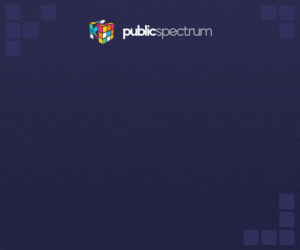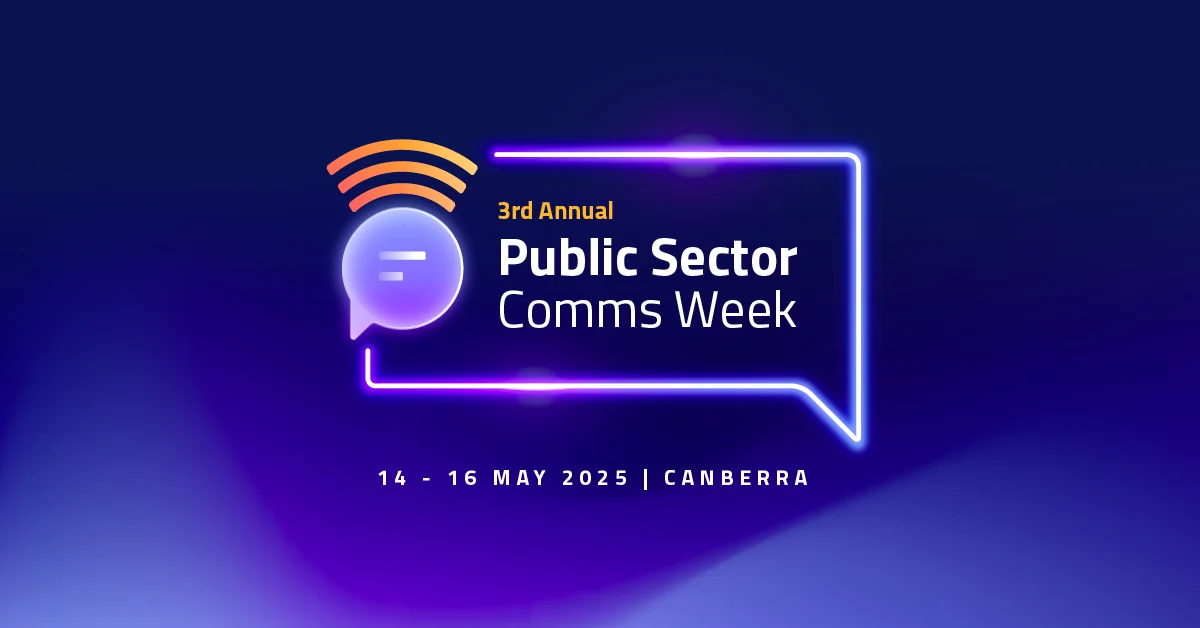Why expertise is irrelevant right now
Share

When it comes to leadership, expertise has never been so irrelevant as it is now.
Expertise is helpful to address common challenges in predictable environments, and for solving problems we’ve seen before – like creating vaccines. It’s great for creating solutions to known problems.
The pandemic has introduced new challenges on how we plan when tomorrow is unknown, how we best focus our time and resources, and how to stay relevant.
Thus, here are three things to consider when navigating our current global situation.
1. Consider appropriate time horizons for decision making
Methodologies like Agile demonstrate that “just enough, just in time” reduce waste and increase the focus of organisational effort. The recursive, iterative and rapid decision making allowed by approaches like Agile offer clues as to how we navigate complexity.
At the same time, rapidly changing conditions such as now can deeply challenge the organisational implementation of methodologies like Agile and it claims to improve productivity by 30%.
If you’re facing challenges, now is the time to examine what might be missing in your organisation’s culture and approach.
2. Focus on learning approaches that go beyond knowledge and frameworks
Most approaches to leadership rely on knowledge first, expert-based approaches. For expertise to work, it requires a certain context and specific conditions. A vet won’t be much use to a person with a broken leg.
Most organisations in Australia contributed to the $24bn spent on leadership training last year. While times like these may offer opportunities to build capability, where should you look to create something new rather than repeat the past?
Times like these require going beyond applying “best practices” or solutions from the past. Approaches required at times like these involve adaptation, creativity and resilience.
3. Seek opportunities to create new forms of value for your customers
Since going into hibernation, I’ve noticed an increase in the number of friends calling me. It’s natural for us to reach out for connection when daily social interaction is restricted. Perhaps we’re craving a deeper connection.
This offers hints for how we connect and engage with customers at this stage. The ability to meet our customers where they’re at is crucial to maintaining relevance. How are you connecting with your customers when they need you most? What opportunities are you taking to provide unique ways of addressing their challenges?
The current social climate that we are facing is an opportunity to build essential capability for resilience now and into the future.
This article originally appeared on the author’s LinkedIn page
Jon is a leadership coach who helps clients create a competitive advantage using a customer-focused approach. He has experience working with organisations to improve customer satisfaction, increase customer acquisition and increase revenue.



















